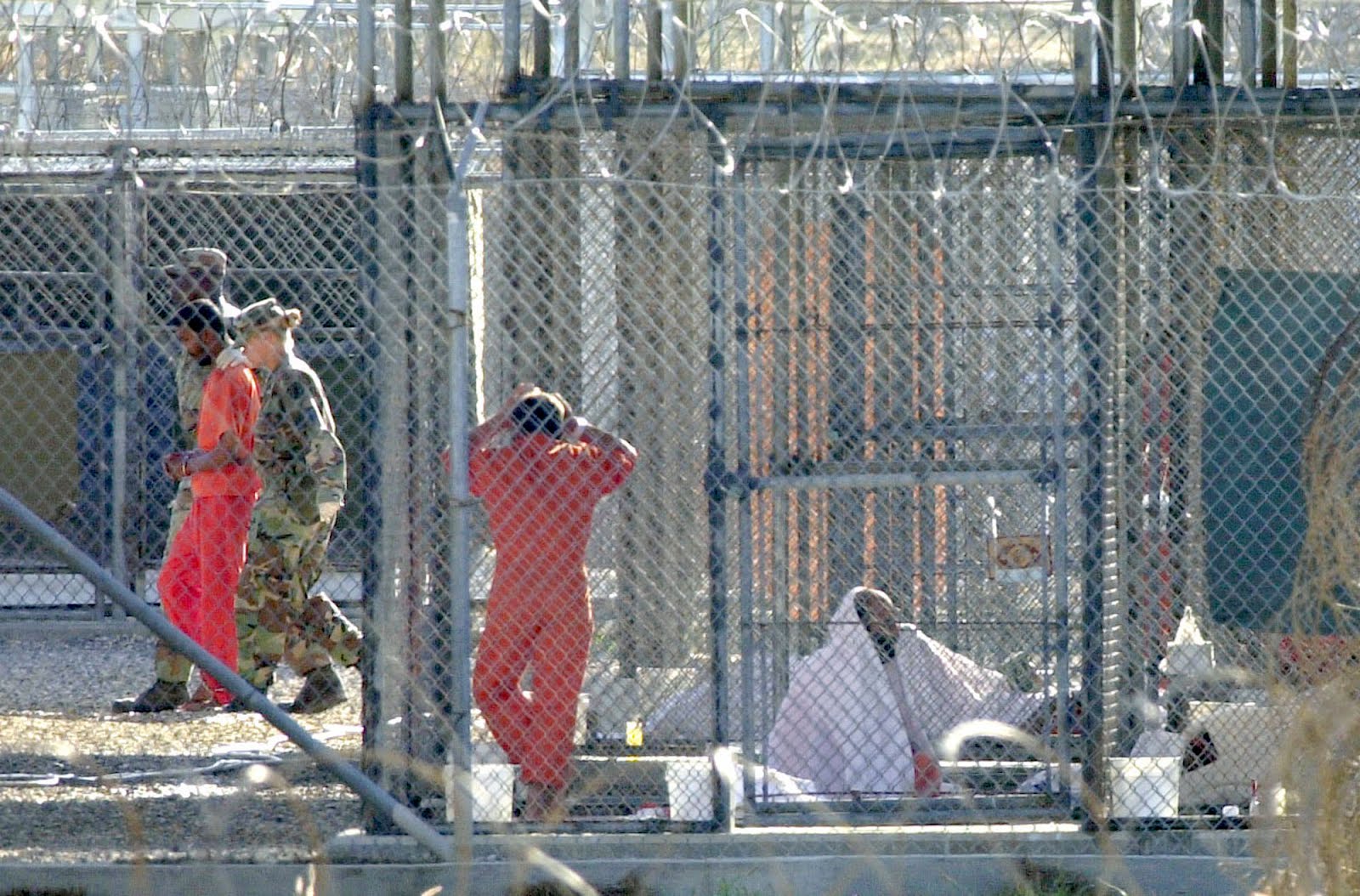How much is it going to cost the United States to continue to imprison individuals at Guantánamo Bay? How long are going to keep Guantánamo Bay open? How many more are going to be imprisoned at Guantánamo Bay? These are three questions I urge all of you think about as we look at the…
Read moreGuantánamo Public Memory Project
Tag: War on Terror
Creating Local Connections: How Supermax Prisons in the U.S. can Foster Dialogue on Guantánamo
National Dialogue and Traveling Exhibit
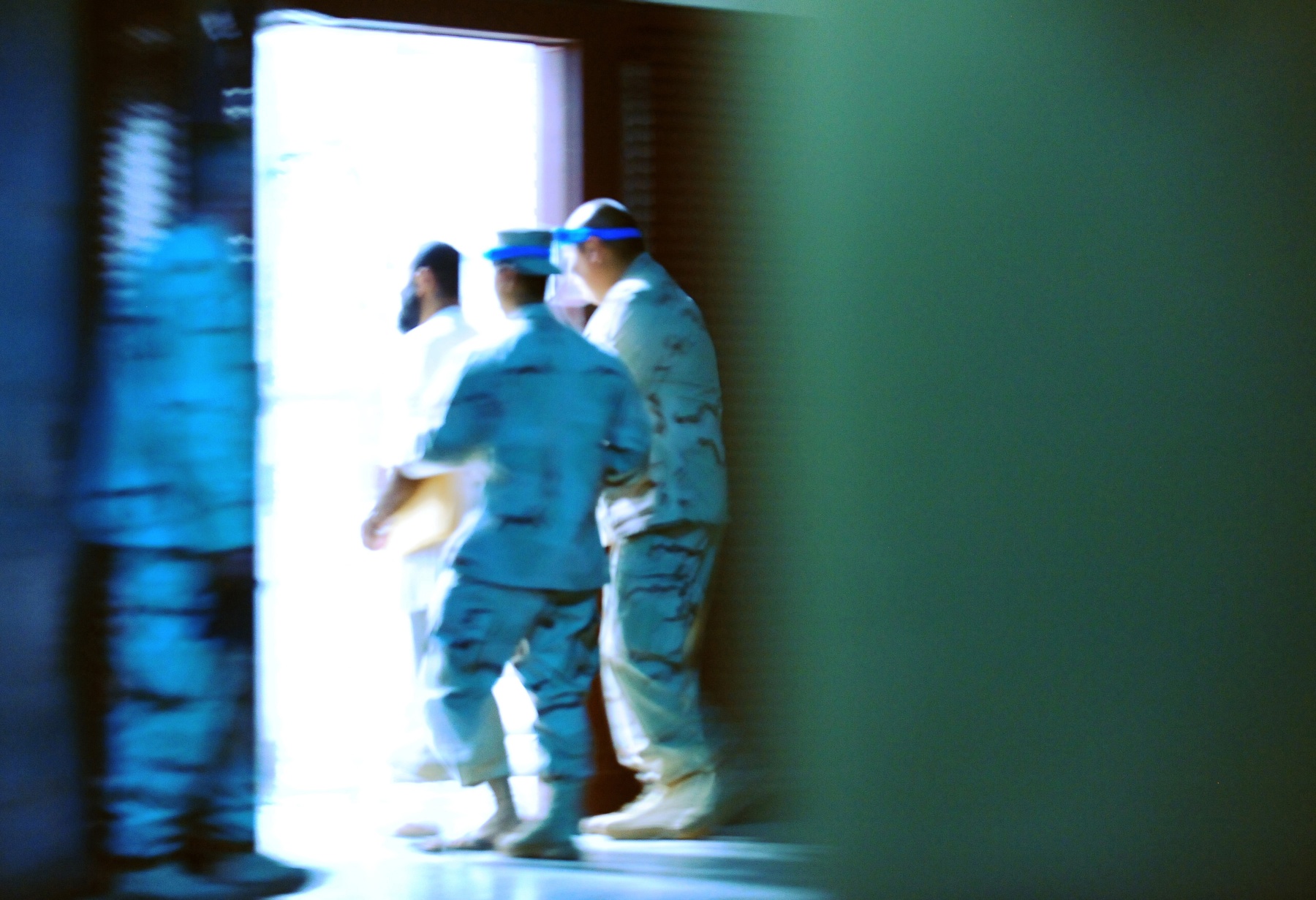
Why does Guantánamo matter? Why should Guantánamo matter to me? How do we create dialogue on Guantánamo among an audience who may not be able to answer these questions? These are just a few of the issues I have been wrestling with since I started working on the Guantánamo Public Memory Project (GPMP).…
Read moreDomesticated Gitmo, Or Why We Should Care about Harold and Kumar
National Dialogue and Traveling Exhibit

During previous graduate work, I taught two sections of Introduction to Cultural Anthropology, a 1000-level course that fulfilled a social science credit. Near the end of our textbook, there was a section about “War and Violent Conflict” in various cultures. Since my content specialization concerned American civil defense during the Cold War, I generally supported the lectures and readings…
Read moreJilting Geneva at GTMO
National Dialogue and Traveling Exhibit

“The conscious, deliberate decision to abandon the Geneva Conventions and the entire fiasco that is Guantánamo will undoubtedly be viewed by historians as an even more disgraceful chapter in our history.” On June 19, 2008, Major David J.R. Frakt spoke these words during his argument for a pre-trial dismissal of a case against a…
Read moreThe Global States of America
National Dialogue and Traveling Exhibit
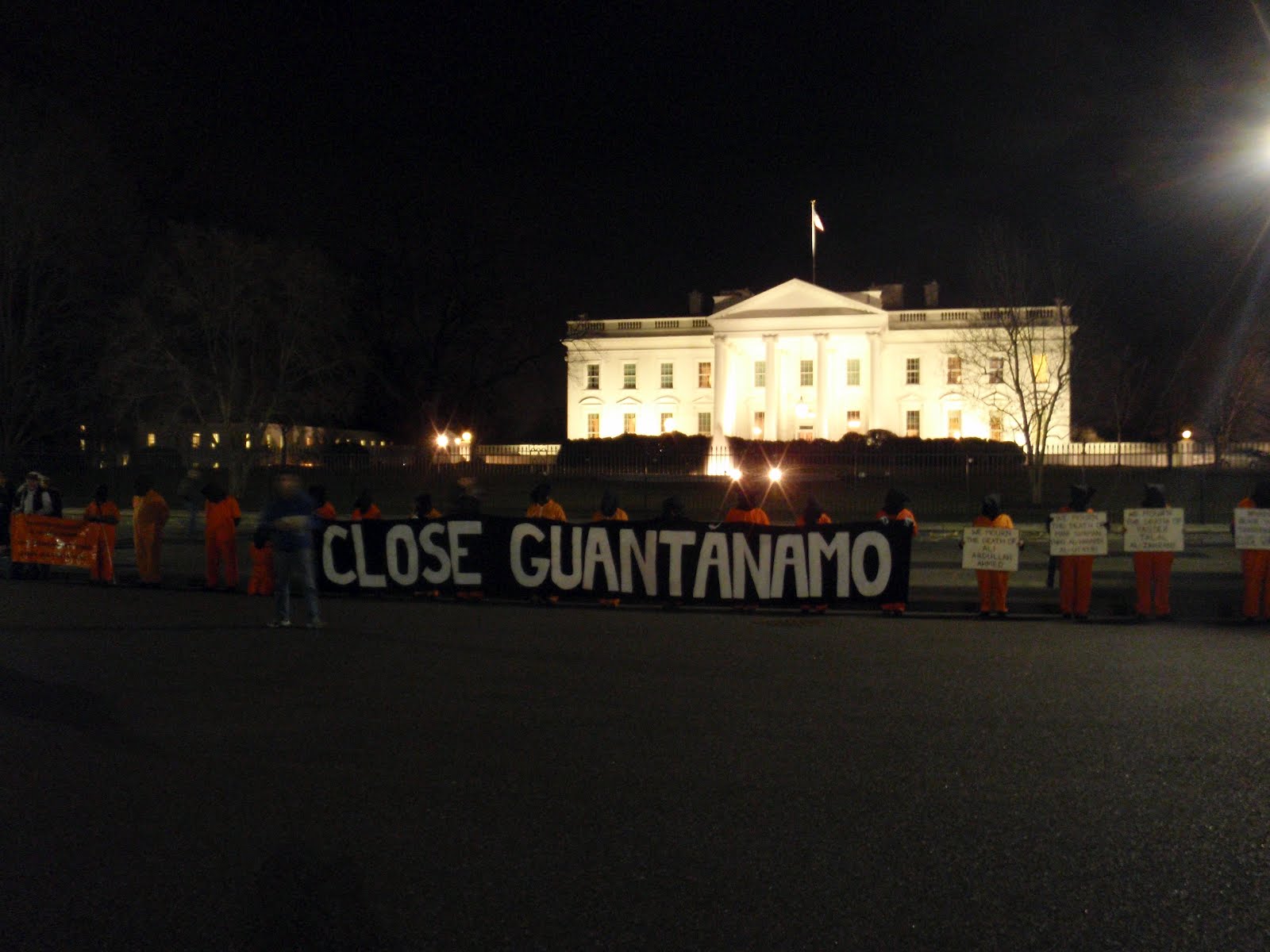
For centuries America has used Guántanamo as an uncharted land to execute procedures that would otherwise be illegal in the states. Exploitation of Cuba’s location and resources is not a new idea. In the 1860’s American farmers relocated to Cuba around the time slavery had been abolished in hopes of making a lot of money…
Read moreThe United States of America: International Humanitarian?
National Dialogue and Traveling Exhibit
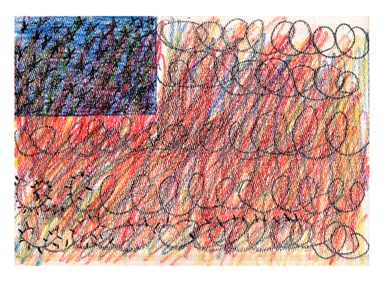
Many Americans know little about the detention camp at Guantánamo and its controversial history of indefinite detainment since the tragedy of September 11, 2001. My education on these matters over the past few months has left me horrified by the blatant abuse of human rights established by the Geneva Convention and civil rights set forth…
Read moreSilencing the Base
National Dialogue and Traveling Exhibit

The most intriguing aspect of Guantánamo Bay’s history is the powerful silencing that post 9/11 circumstances have imposed on the base. Recent events of the past ten years have overshadowed the previous one hundred. Yet, there is a mountain of widely available literature on the history of Guantánamo, from books to articles to an account…
Read moreWhat is in a Name?
National Dialogue and Traveling Exhibit
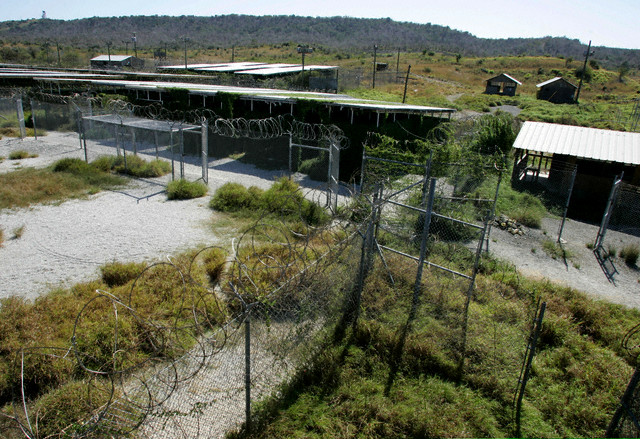
The language of post 9-11 Guantánamo is intrinsically messy. Terminology is designed to be complicated, interwoven with the realities of legality and circumstances. This couldn’t be truer when referring to the group of 300 men, detained at Camp X-Ray between January to March 2002. Camp X-Ray was originally built in 1994 as a detention facility…
Read moreUsing U.S. Domestic Policy to Make Guantánamo Matter
National Dialogue and Traveling Exhibit

My first thought when approaching this project was that the Guantánamo Public Memory Project’s traveling exhibit should tell the powerful stories of detainees held at Guantánamo. However, as I have thought about it more, I concluded that would simply be white noise. These stories are not new. People have told them. The masses haven’t responded.…
Read moreA State of Exception
National Dialogue and Traveling Exhibit
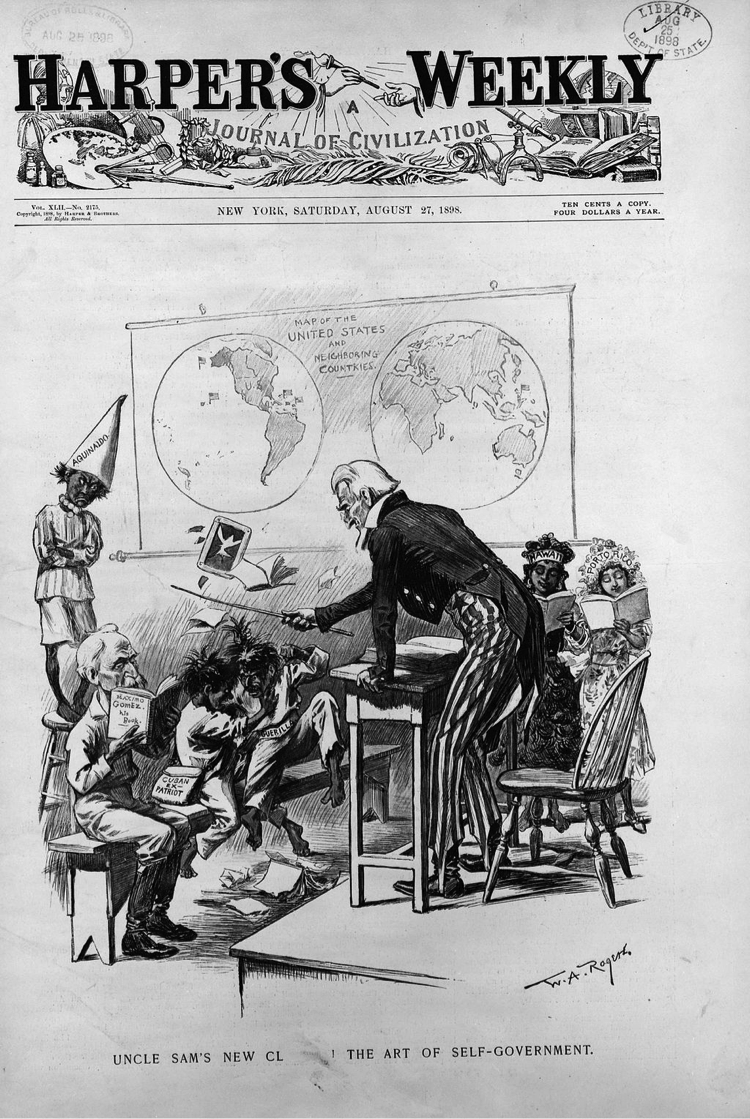
In studying history I have often been surprised, disturbed even, at behaviors that were once considered acceptable by our predecessors. I have come away from lectures and reading angry at what I consider injustices and frustrated by my deep desire to change what happened, or at least to apologize. I know, of course, that…
Read moreCreative: Picture Projects & Tronvig Group

